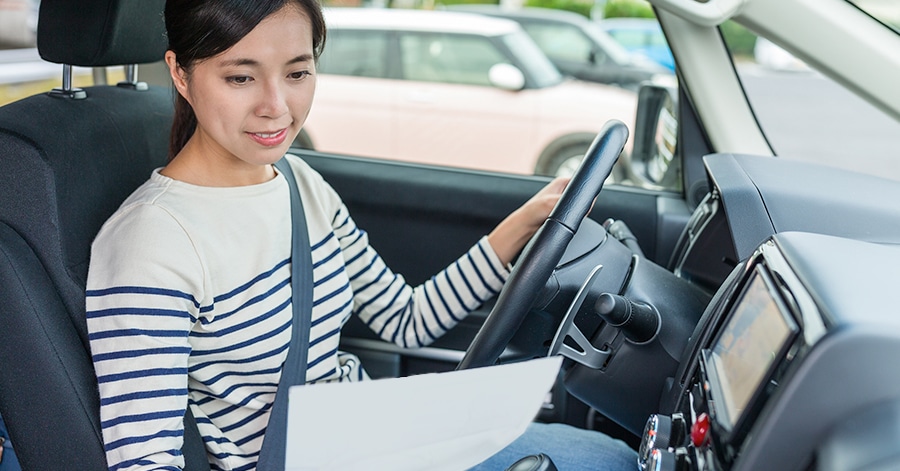Should You Carry Car Insurance if Your Car is Paid Off?
 You made your last car payment – it’s a happy day! You finally own your car free and clear. Has the thought crossed your mind to lower your car insurance now that you don’t have financing on it?
You made your last car payment – it’s a happy day! You finally own your car free and clear. Has the thought crossed your mind to lower your car insurance now that you don’t have financing on it?
[sc_content_link label=”Get today’s insurance rates.” cat=”auto”]
While it’s a nice idea, since it would save you even more money every month, we don’t recommend it. Just because you don’t have financing on your car anymore doesn’t make it any less valuable. If you are involved in an accident or are a victim of theft/vandalism, you’ll still need a way to pay for the damages.
While car insurance is required when you have financing, it does benefit both you and the bank. Unless you have enough money to replace your car at its current value, plus cover any damages caused to other vehicles and people, you should keep your car insurance.
The Importance of Car Insurance
Think of it this way, car insurance protects you financially. Whether you are involved in a fender bender or an accident that totals your car, there could be thousands of dollars in damage. What if you harm someone else and/or their car? You are responsible for paying for those damages too. In most states, liability insurance is required. You have to prove that you can financially cover the devastation of an accident that you cause.
Just because you no longer have financing on the car doesn’t make you any less financially responsible for the damages caused. Think of it this way – your insurance protects your financial investment in your car, but it also protects all of the other people on the road that could suffer damages as a result of an accident you caused.
Does Car Insurance Lower When Your Car is Paid Off?
Your car insurance premium doesn’t change when you pay your car off. What may change is the type of coverage that you need, but this varies. For example, if you own a high-value vehicle, it doesn’t make sense to drop the insurance. Who is going to pay for the damages to repair or replace the car if you are in an accident?
[sc_content_link label=”Shop and compare insurance quotes.” cat=”auto”]
Even dropping comprehensive insurance is risky. What if someone steals or vandalizes your car? Without comprehensive insurance, you are responsible for the repairs and/or replacement of the car. If you drive an expensive car, you could put yourself in a financial bind just to save a few hundred dollars each month.
Now, if you drive a car that isn’t worth much, you may consider dropping comprehensive coverage. Once the car is worth very little, is damaged, or on its last leg, it may not make sense to pay for comprehensive insurance. Should you cancel the insurance altogether? It’s probably not the best idea. Instead, consider lowering the coverage, but still carrying some so that you are covered should you need it.
Is it Better to Have Full Coverage or Liability Coverage?
Some people wonder if they should just carry liability insurance (if that’s all the state law requires) once they pay off their car. Again, this isn’t safe. What if you are in an accident that you cause and your car has a lot of damage? Worse yet, what if your car is completely totaled? If you don’t have collision coverage, you have no coverage for the damage or loss of your car. Now you are without a car and money to buy a new one.
Dropping collision or comprehensive insurance may only save you a little bit of money every month. If you add up the total that you pay each year for these coverages, they are likely well below the amount it may cost to completely replace the car, should you experience a total loss.
Even after you pay your car off, you should keep your car insurance. While you can keep an eye on the amount you insure it for, always keep the basic liability, comprehensive, and collision insurance. You can’t predict what may happen in the future. Wouldn’t you rather have the financial protection than take a risk?
[sc_content_link label=”Get the right insurance coverage.” cat=”auto”]
